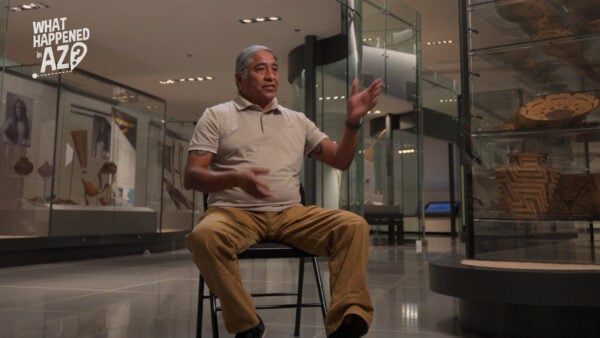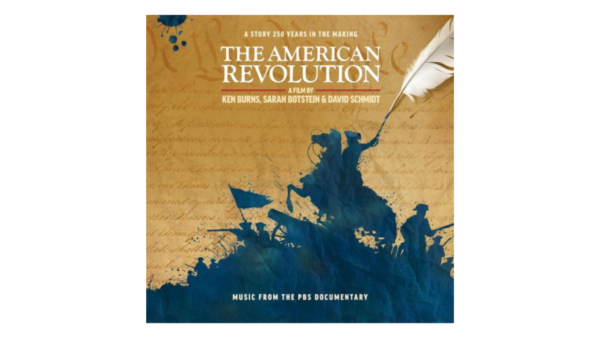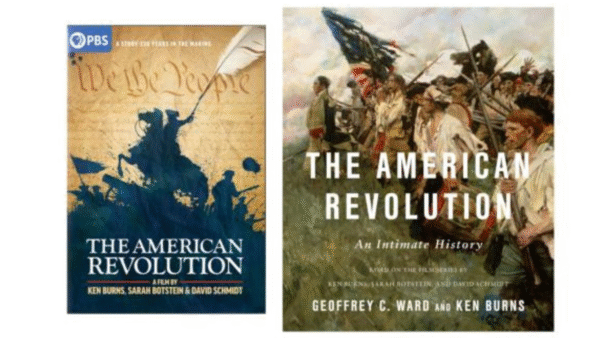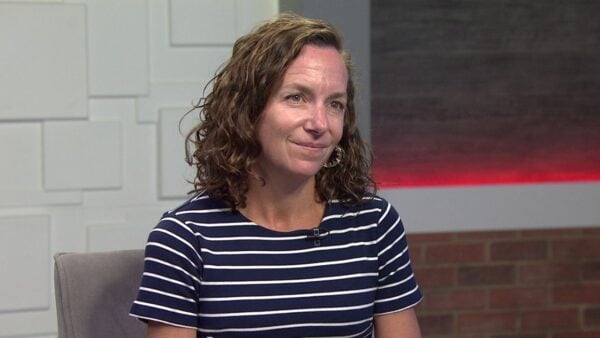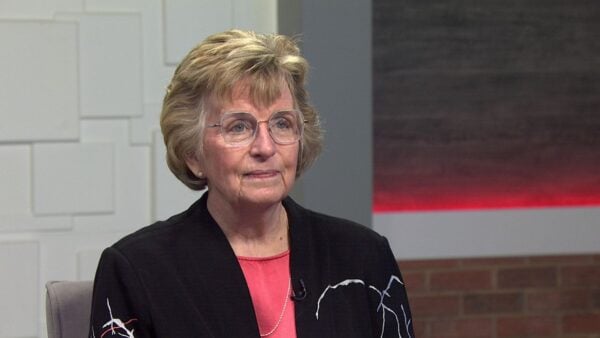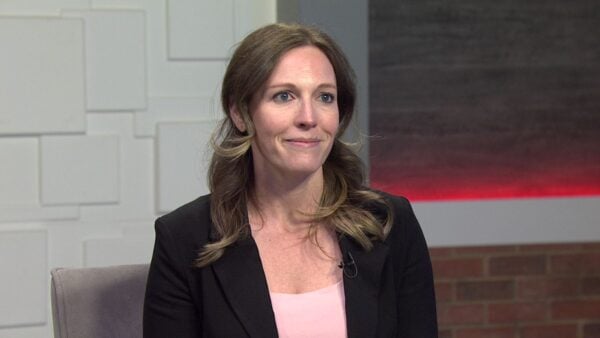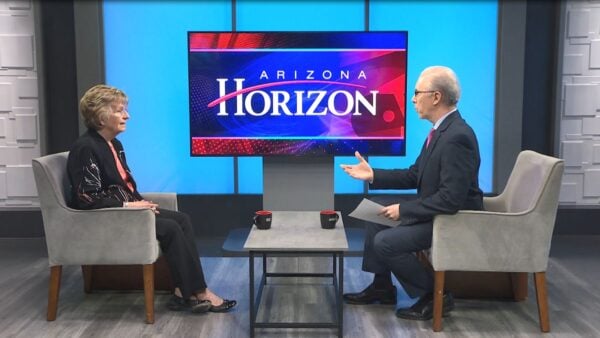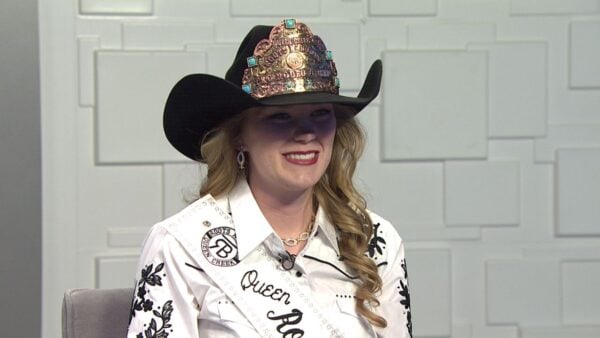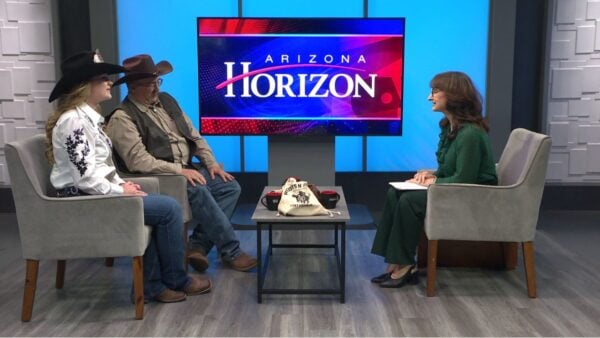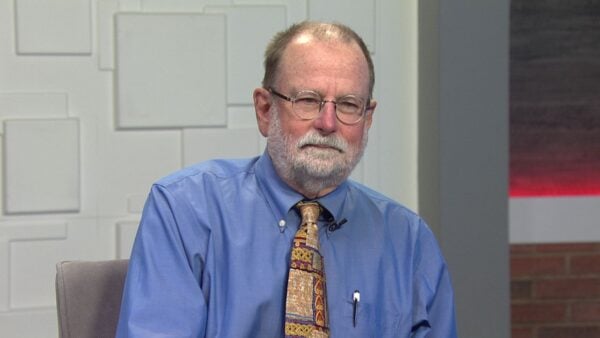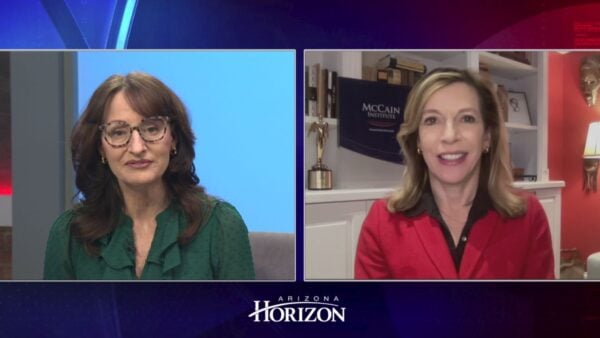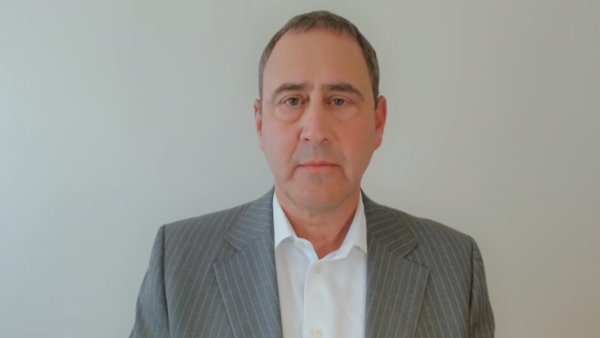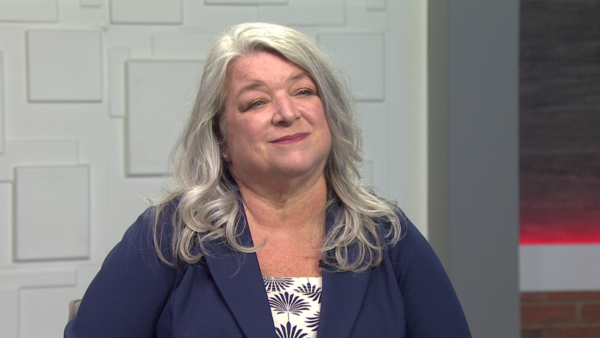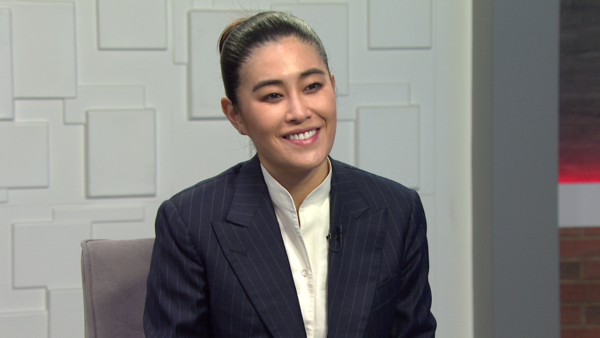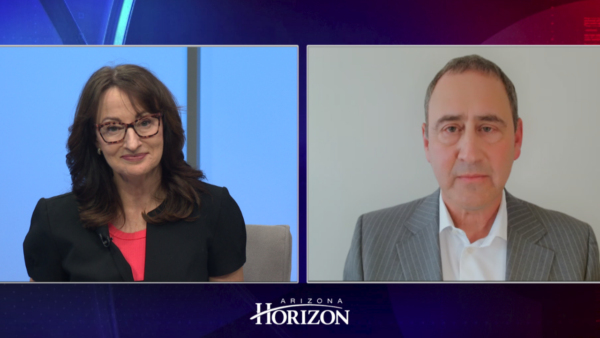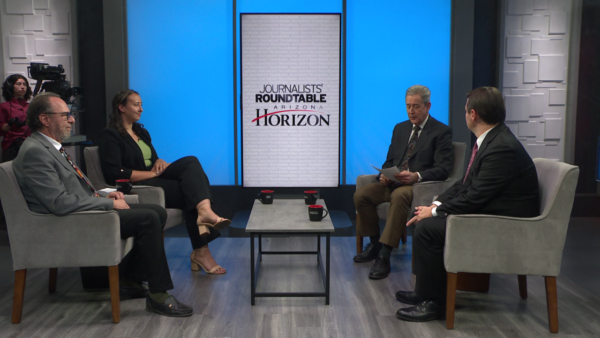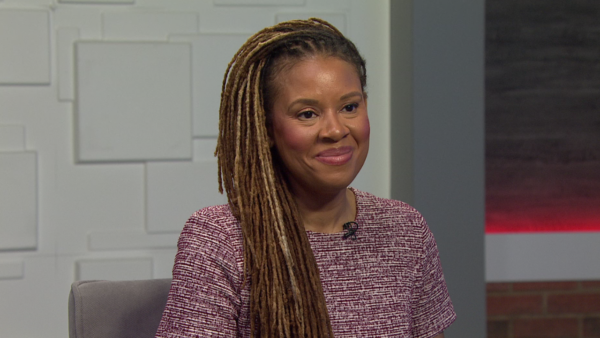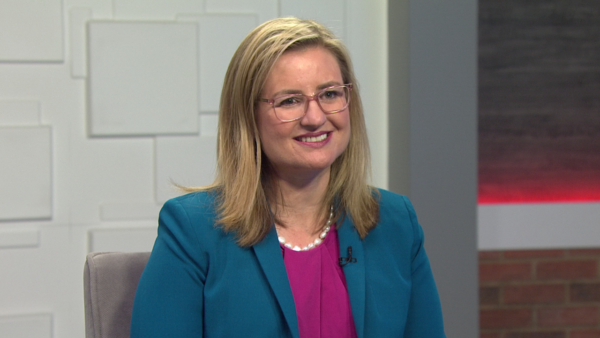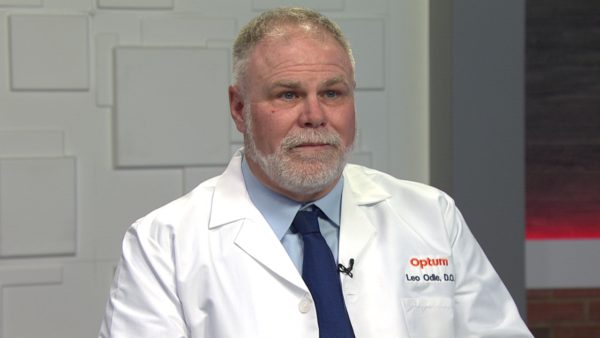U.S. Supreme Court annual review
July 16, 2024
The U.S. Supreme Court made an abundance of major decisions during this past session, covering topics like the landmark presidential immunity case, the Chevron Case and homelessness.
Stephen Montoya, Partner at Montoya, Lucero and Pastor, and Paul Bender, Professor at ASU’s Sandra Day O’Connor College of Law, joined “Arizona Horizon” to analyze some of these cases.
Bender questioned the decision for president’s to have immunity based on what is said in the U.S. Constitution.
“That decision I think is thoroughly wrong. It’s about the wrongest case I’ve ever read from the court and for a court that says it’s interested in the original intentions. There’s absolutely nothing in the Constitution that justifies that decision. They just make up an immunity for the President, and then they can’t describe it exactly and leave it up in the air, and say the lower courts will have to figure this out. Why they do that, I don’t know. It’s enormously confusing and very unstabilizing, and you can’t tell what it means,” said Bender.
Montoya said he believes federal agencies imposing rules isn’t super relevant in the Chevron Case, and the courts will most likely do whatever they want anyway.
“In some ways, I don’t think it’s all that relevant. The court had stopped deferring to administrative agencies a long time ago. Judicial deference is potent in theory and femoral in fact; it really doesn’t exist. Courts don’t defer to anything or anybody unless they want to. I think courts are going to do what they want. I think it’s important to understand that Chevron was a case that arose in response to the Reagan administration’s reversal of a lot of very stringent prohibitions proposed by amendments that clean their act,” said Montoya.
Homelessness and sleeping on the streets is another important problem all across the country. Bender said it’s difficult to charge someone for a crime when they have no place to go and no housing to go to when it’s essential.
“The reason is there’s a serious problem. I think everybody would agree. If people don’t have enough funds to be able to buy housing for themselves, they have to sleep somewhere. The notion that they get prosecuted for a crime for doing something that’s a physical necessity, that can’t be right, and yet the court has never come to terms with that problem,” said Bender.

